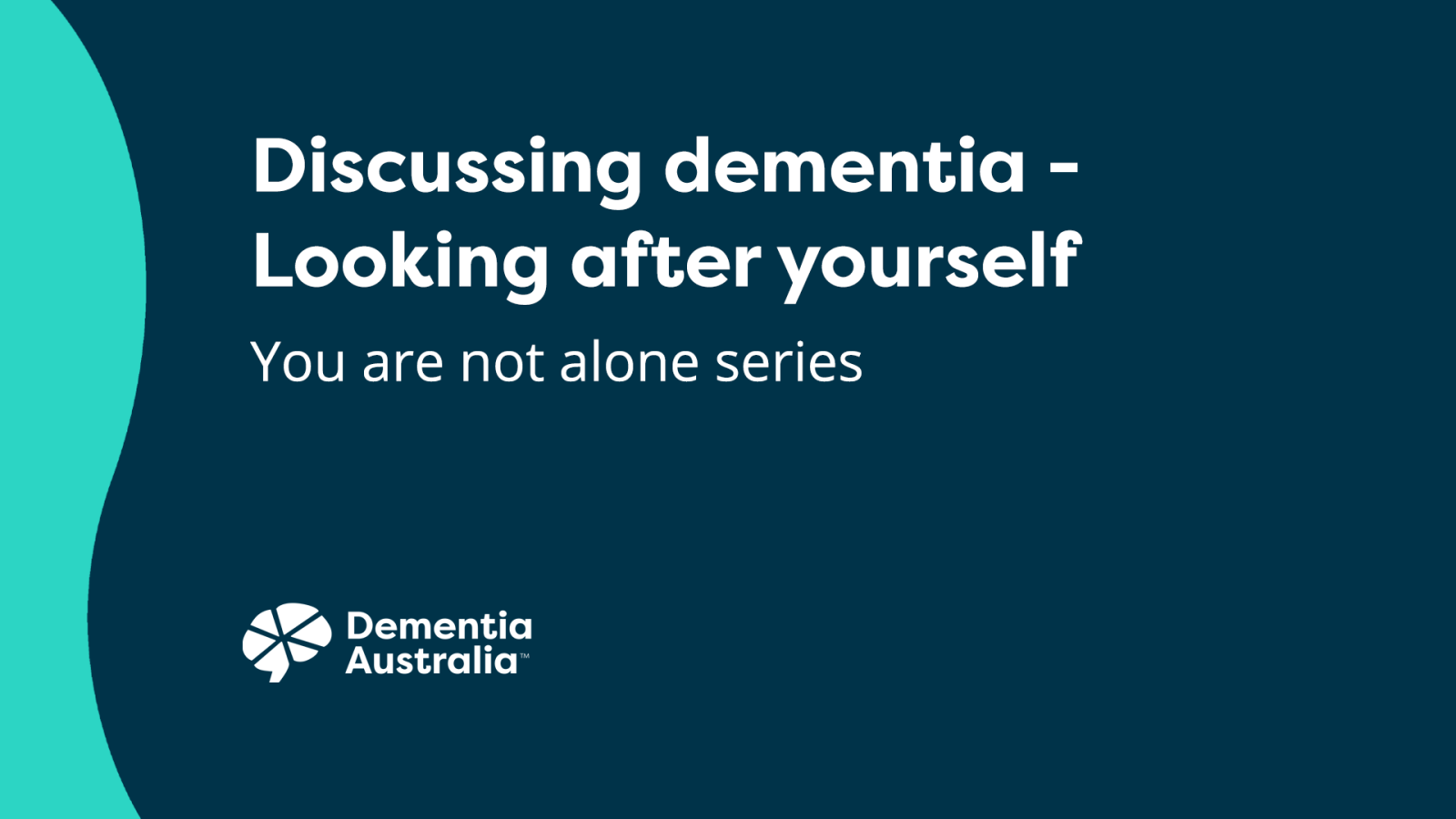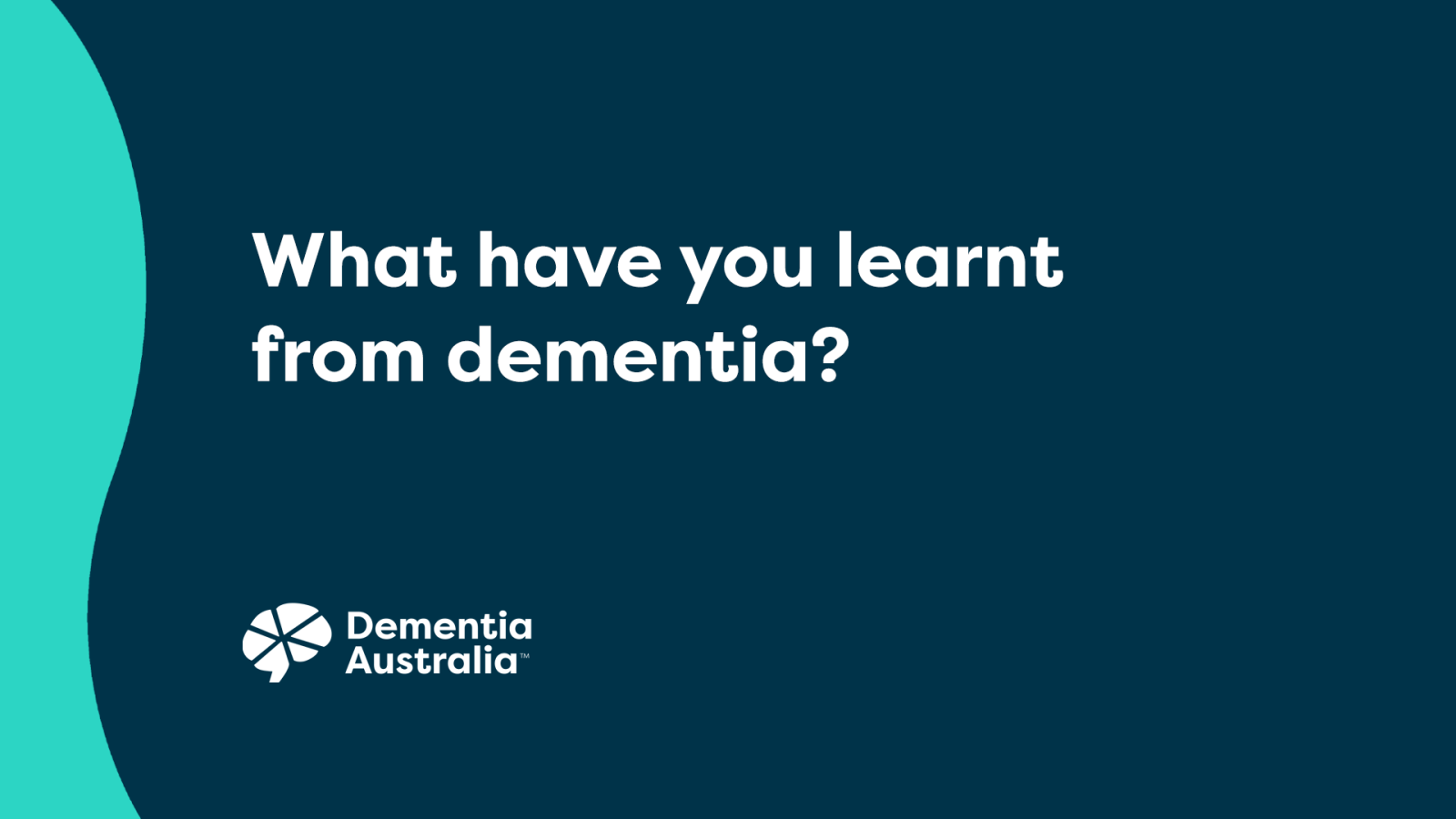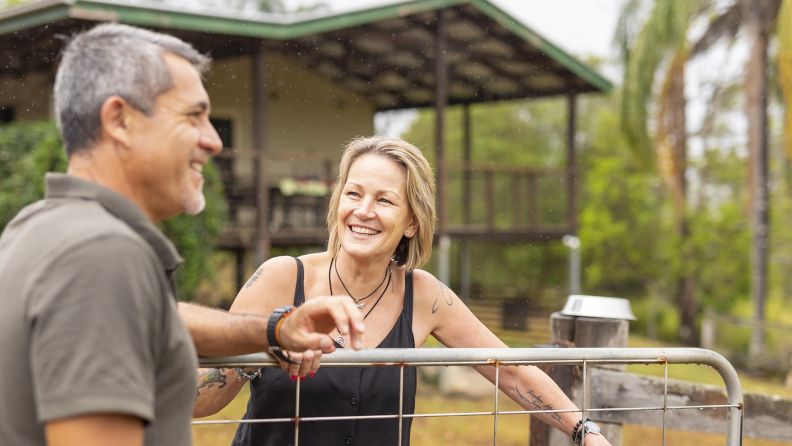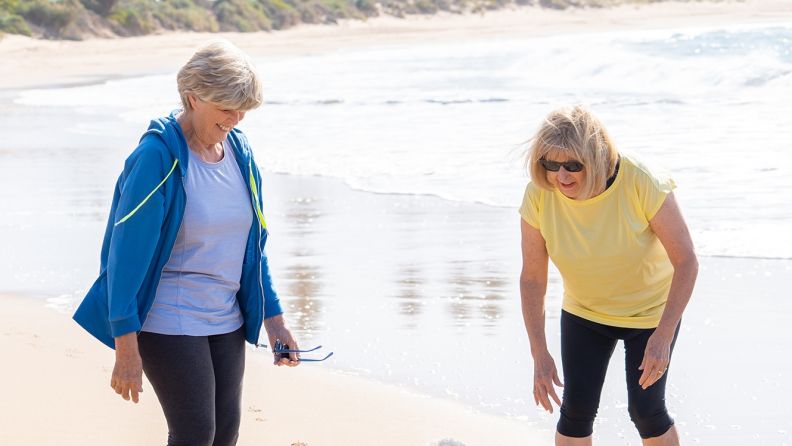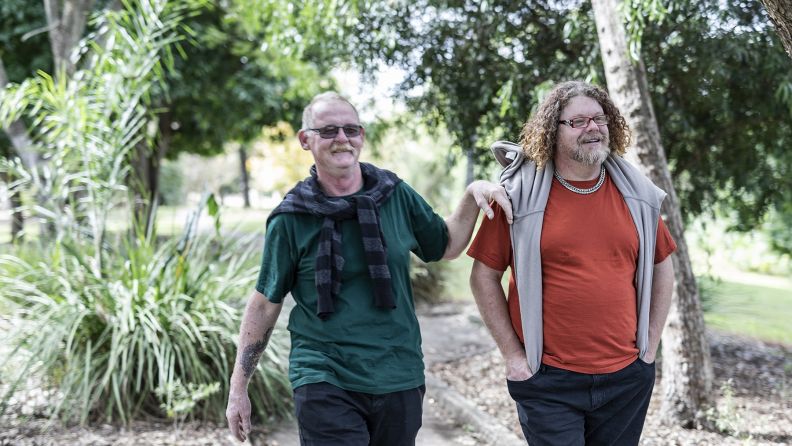If someone close to you has been diagnosed with younger onset dementia, do not underestimate the impact this may also have on you. Whether you’re the husband, wife, partner, daughter, son, brother, sister or friend of the person, your relationship will change.
As a family member or friend of someone living with younger onset dementia, you may provide many different types of care, such as:
- Supporting the person to continue with hobbies, activities and interests they enjoyed before their diagnosis
- Working with health care professionals and support agencies to ensure the person’s physical, psychological and social needs are met
- Helping the person with daily activities, such as chores, managing finances, attending appointments and taking medications
- Providing personal care, such as help with bathing, dressing and going to the toilet
- Supporting the person with behavioural changes or psychological symptoms associated with dementia
- Helping the person with physical tasks, such as getting in and out of bed, or walking.
Looking after yourself
It is important that you look after your own health and wellbeing, turning to others for support when you need it. Dementia Australia offers support to guide you through this challenging time. This will help you provide the best care for the person with dementia, for as long as you feel able to do so.
Watch the following video: ‘Looking after yourself’ to see what other carers have experienced or read the video transcript.
What carers have learnt from dementia
Many people find themselves gradually taking on the role of ‘carer’ without making any conscious decision to do so.
Watch the following video: ‘What have you learnt from dementia’ to hear from other carers or read the video transcript.
Taking care of yourself
Caring for someone with younger onset dementia can be physically and emotionally exhausting. While many carers feel guilty about doing things for themselves, taking care of yourself is crucial for you and the person you look after. This can be done by taking a break, getting out and about or doing activities you enjoy.
Feelings
To live well as a carer, you need to be kind to yourself and accept whatever feelings you’re experiencing. Whether it’s guilt, anger, grief or loss, these are all valid.
Men in a supportive role
For men supporting someone with dementia, some changes to relationships and roles can be challenging. It’s okay to ask for support, too. Talking to other men who are in the same position or getting support can help.
Caring for someone with dementia
For more Dementia Australia help sheets on caring for someone with dementia, visit our web page.
If you would prefer to talk to someone, contact the National Dementia Helpline on 1800 100 500.

